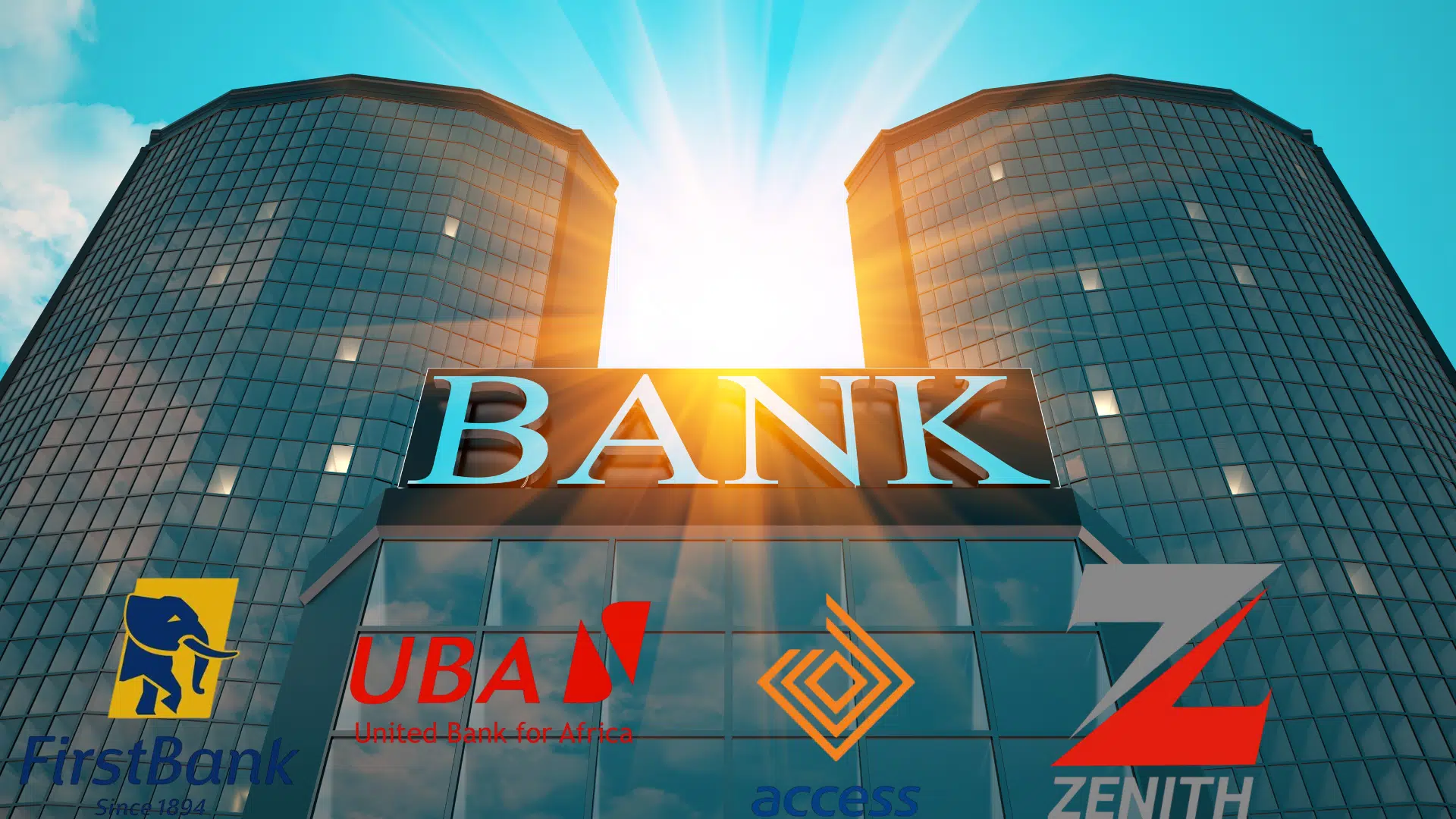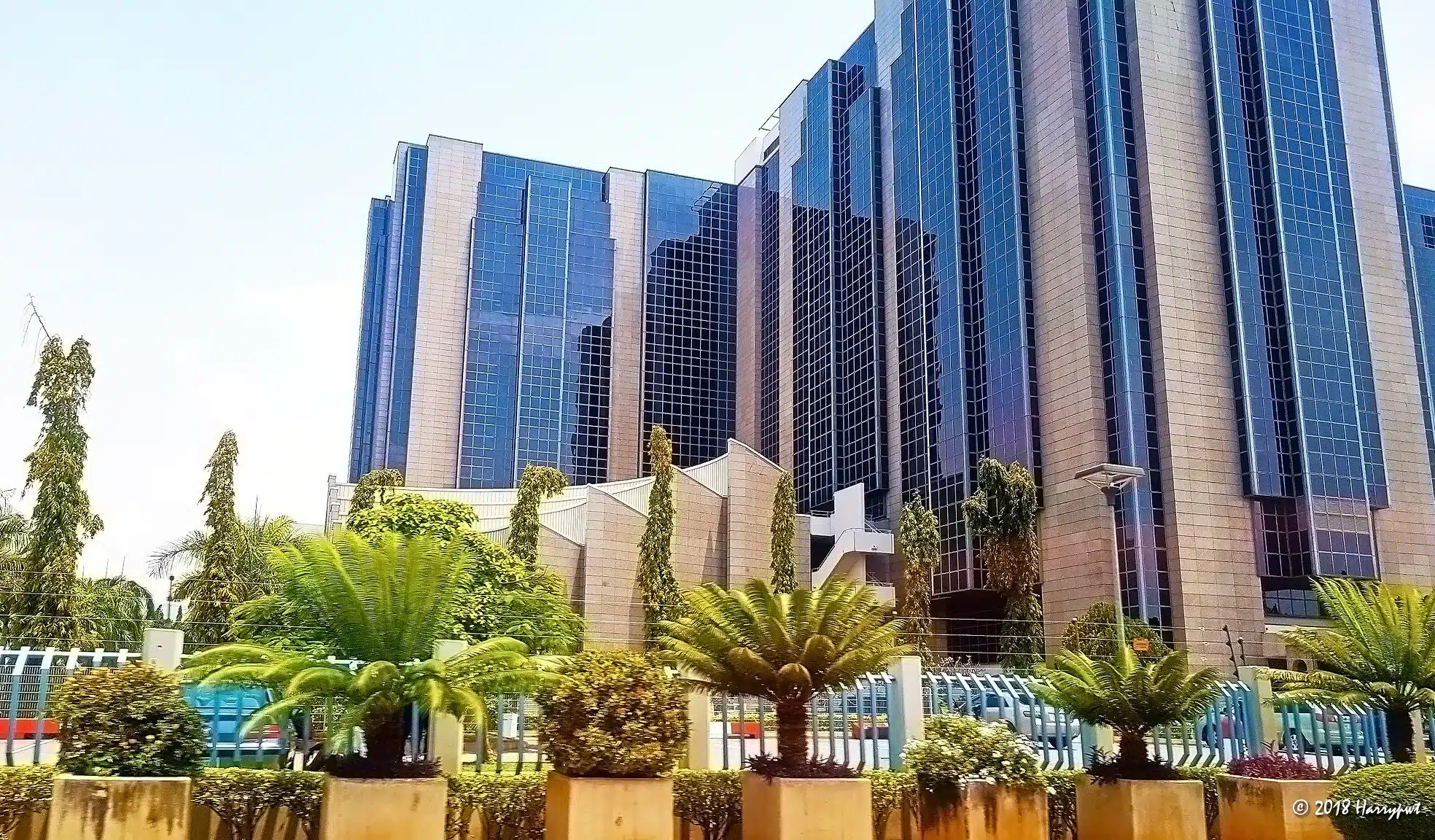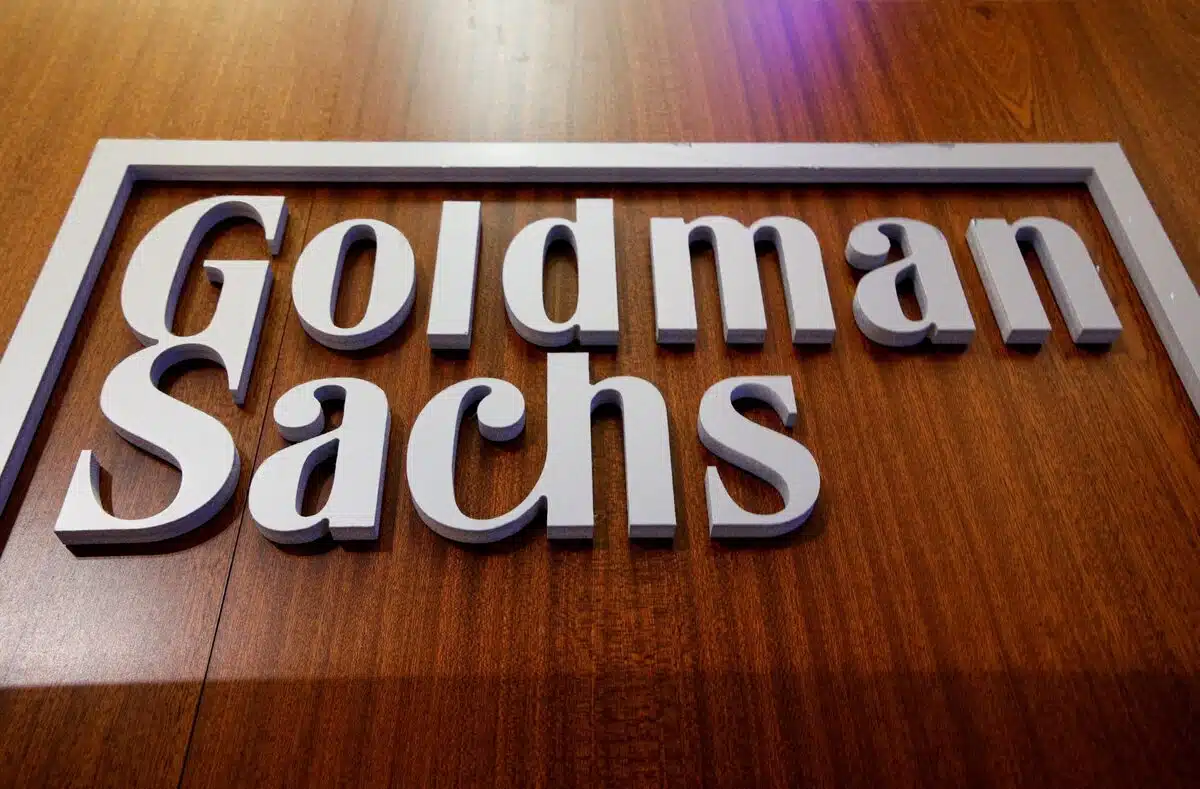Some of Nigeria’s biggest banks, including Access Holdings, Zenith Bank and First Bank, could suspend dividend payments until at least 2028 as they grapple with a combined $2.7 billion in regulatory forbearance exposures, according to a new report by investment bank Renaissance Capital Africa.
The report, titled “Nigerian Banks, Cash is King”, comes just days after the Central Bank of Nigeria (CBN) issued a circular on June 13, instructing banks with unresolved forbearance exposures to halt dividend payouts, defer executive bonuses, and suspend all new investments in offshore subsidiaries.
The apex bank’s objective is to shore up capital buffers and ensure banks make adequate provisions against impaired loans—particularly those nearing or breaching the Single Obligor Limit (SOL).
Renaissance Capital analysts estimate that dividend suspensions could remain in place for years, with some lenders likely to delay both interim and final payouts until they have fully provisioned for these exposures and phased them out completely.
$2.7bn in distressed loans
According to the research note, Zenith Bank, FirstBank, Access Bank, and United Bank for Africa (UBA) carry the heaviest forbearance risks, with exposures amounting to 23%, 14%, 4%, and 6% of their respective gross loan books.
Tier II lenders Fidelity Bank and First City Monument Bank (FCMB) are also exposed, with 10% and 8% of their loan books tied up in restructured loans under regulatory forbearance.
In absolute terms, Renaissance Capital places Zenith Bank’s forbearance exposure at $1.6 billion, FirstBank at $887 million, and Access Bank at $304 million. UBA, Fidelity, and FCMB carry exposures of $282 million, $296 million, and $134 million respectively.
These estimates are based on Renaissance Capital’s most recent engagements with the banks’ management teams, with the exception of Zenith, whose figures were last confirmed in December 2024.
By contrast, Stanbic IBTC and Guaranty Trust Holding Company (GTCO) were identified as having zero forbearance exposure in their gross loan books. GTCO, in particular, was commended for having provisioned and written off its exposures last year.
Concentration risk in oil and gas
Beyond the size of these impaired assets, analysts warn that some banks are edging dangerously close to violating the CBN’s Single Obligor Limit, a regulatory ceiling designed to prevent excessive credit concentration in a single borrower or sector.
FirstBank, Fidelity Bank, and Zenith Bank are flagged as particularly vulnerable to such breaches. While not all forbearance loans are linked to a single obligor, a large share of the exposures are believed to be concentrated in Nigeria’s oil and gas sector—especially upstream oil operations and refinery projects.
FCMB, however, is seen as compliant. Its largest forbearance-linked exposure to a single counterparty stands at $68.1 million, well below its SOL threshold of $94 million.
Cash profits are now more relevant than earnings
The report also calls attention to distortions in reported earnings, due in part to Nigeria’s implementation of International Financial Reporting Standards (IFRS) accounting protocols.
Under IFRS, banks are allowed to continue recognising interest income on restructured or high-risk (Stage 2) loans—even when no actual cash has been received.
This creates a disconnect between declared profits and the actual liquidity available to support dividend payouts, absorb losses, or meet capital requirements.
As a result, Renaissance Capital argues that “cash profits” now provide a more accurate gauge of bank performance and capital resilience.
FCMB reassures investors
In a statement issued on Monday, FCMB Group Plc moved to calm investor concerns. The bank disclosed that it had reduced its total forbearance exposure from $348.7 million in September 2024 to $134.4 million as of May 31, 2025.
FCMB expects these loans to exit the forbearance regime in the near term, though it acknowledged that doing so would temporarily increase its Stage 3 non-performing loans to about 11.5% of total loans, before declining to below 10% by year-end, helped by fresh loan growth.
The bank also said it would continue paying dividends from its non-banking subsidiaries. Other banks are yet to issue public responses.
However, sources at Zenith Bank told local media that the lender plans to clear its forbearance obligations by year-end, citing strong profit buffers.
No banking dividends until 2028
Access Holdings, FirstBank, and Zenith Bank are expected to halt dividend payments from their banking operations until 2028 at the earliest, pending full provisioning for their regulatory exposures.
While dividends from non-bank subsidiaries are still possible, these arms contribute only a limited portion of group earnings, making substantial payouts unlikely in the short term.
UBA appears to be in a better position, with dividend resumption projected by 2026, supported by strong cash flow and comparatively lower exposure.
GTCO, having fully dealt with its troubled loans, is not expected to interrupt dividend payments at all.
Sources at First HoldCo, FirstBank’s parent company, said the group remains confident in its capital-raising capacity, citing strong shareholder support for its recapitalisation efforts.
Dividend pause to hurt valuations
Renaissance Capital warned that the suspension of dividends across much of the banking sector could weigh on share prices, particularly for lenders still needing to raise capital to meet the CBN’s $324 million minimum capital requirement for international banks.
Access Holdings and Zenith Bank have already completed their recapitalisation programmes and are less likely to suffer valuation hits. GTCO and Stanbic, which are expected to continue paying dividends uninterrupted, are also seen as insulated.
However, the outlook is less favourable for UBA, Fidelity Bank, and FCMB. These lenders will likely need to raise additional capital in a less supportive market and may be forced to issue new shares at discounted prices to meet regulatory thresholds.
For investors, the implications are clear: dividend income from Nigeria’s top banks could remain elusive for years to come, and equity dilution risks may rise across the sector as regulatory pressures intensify.











